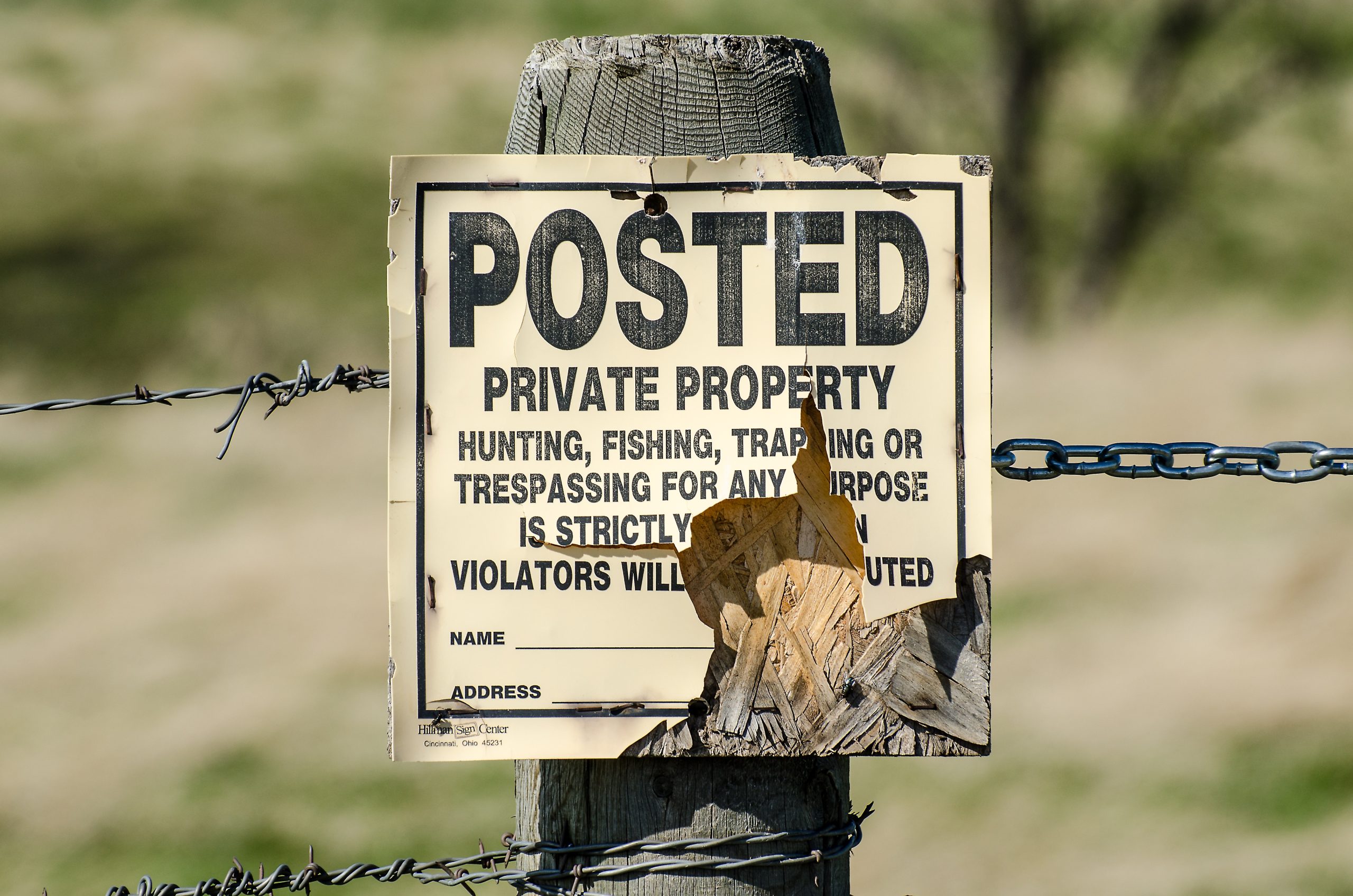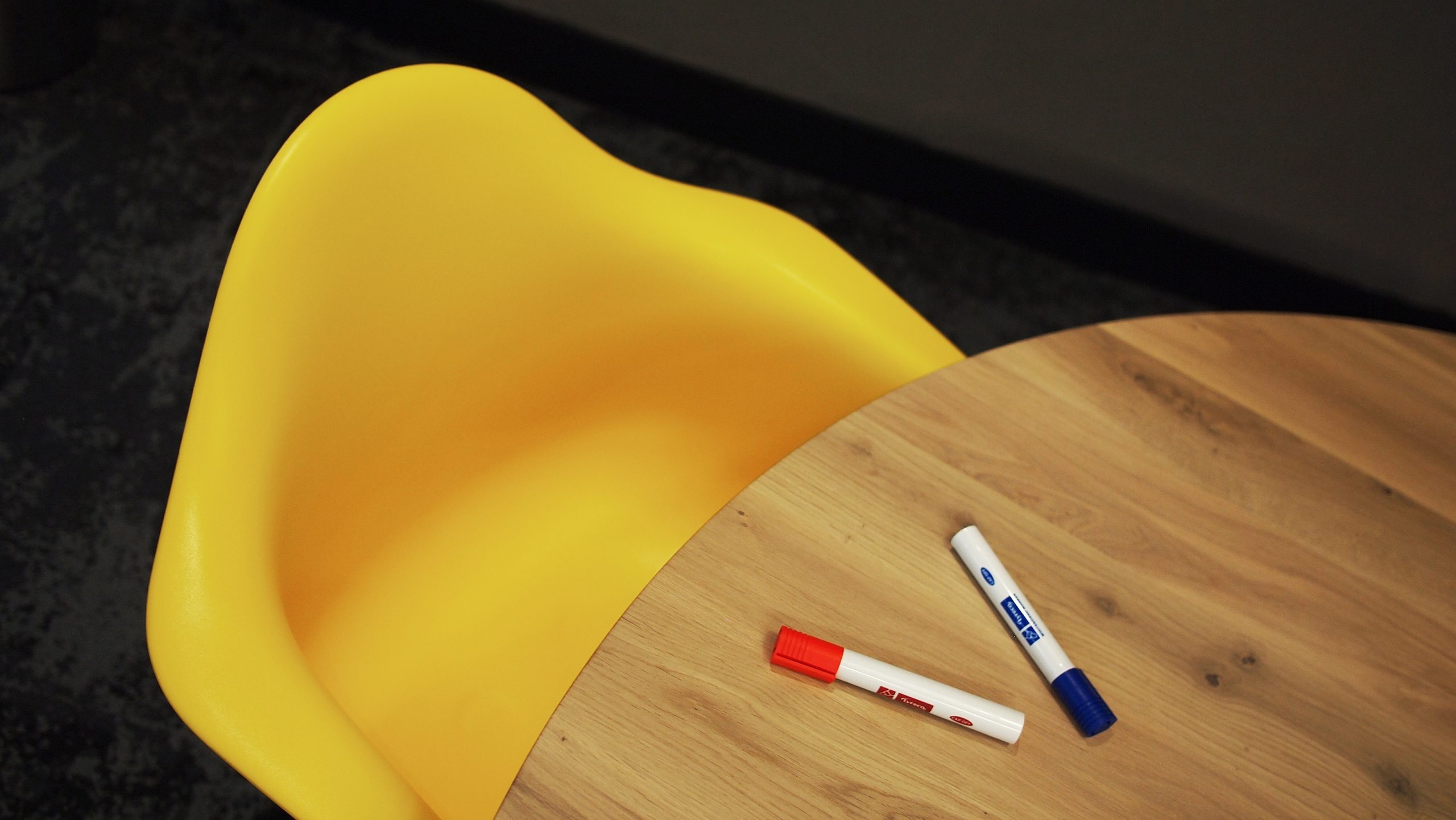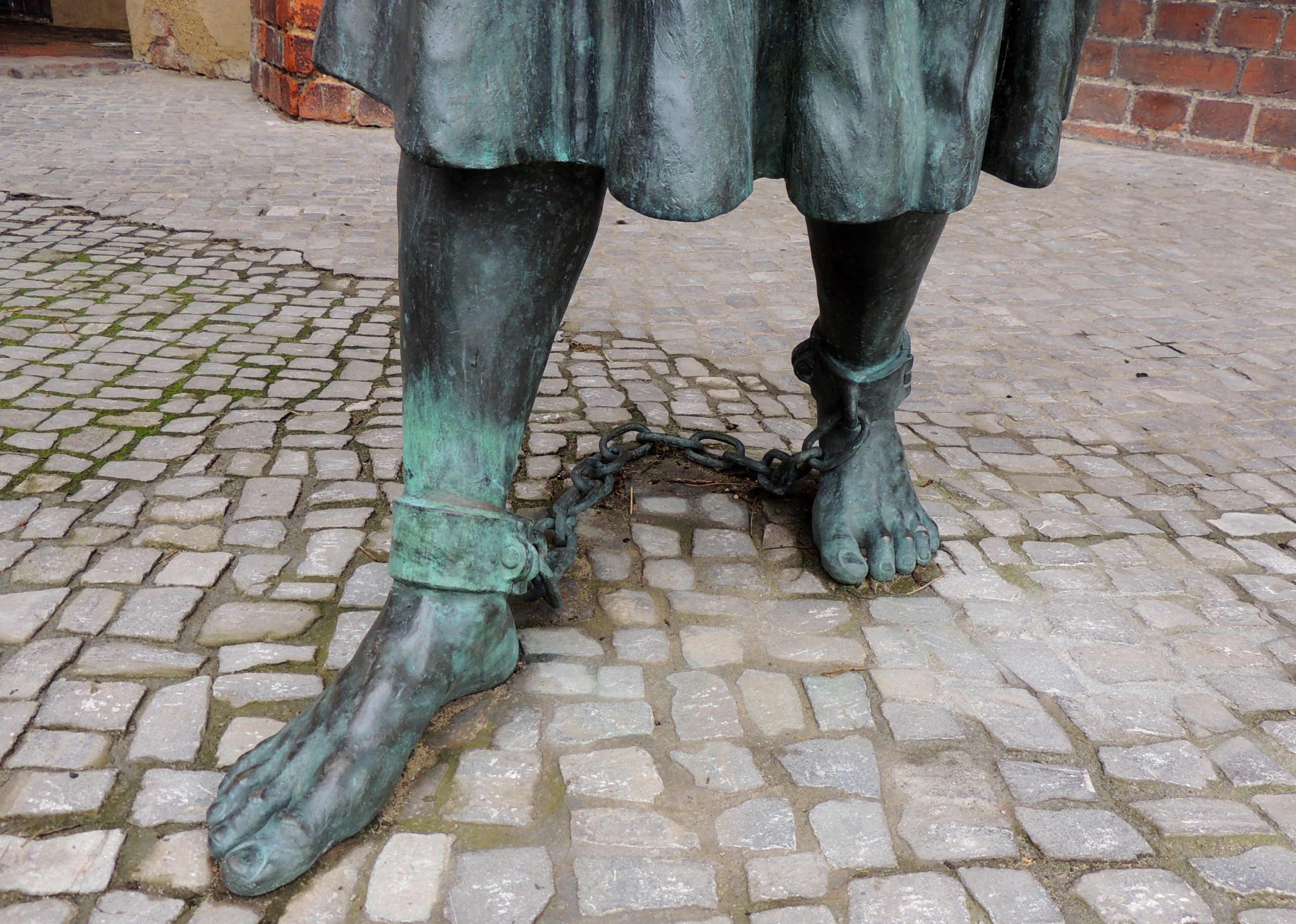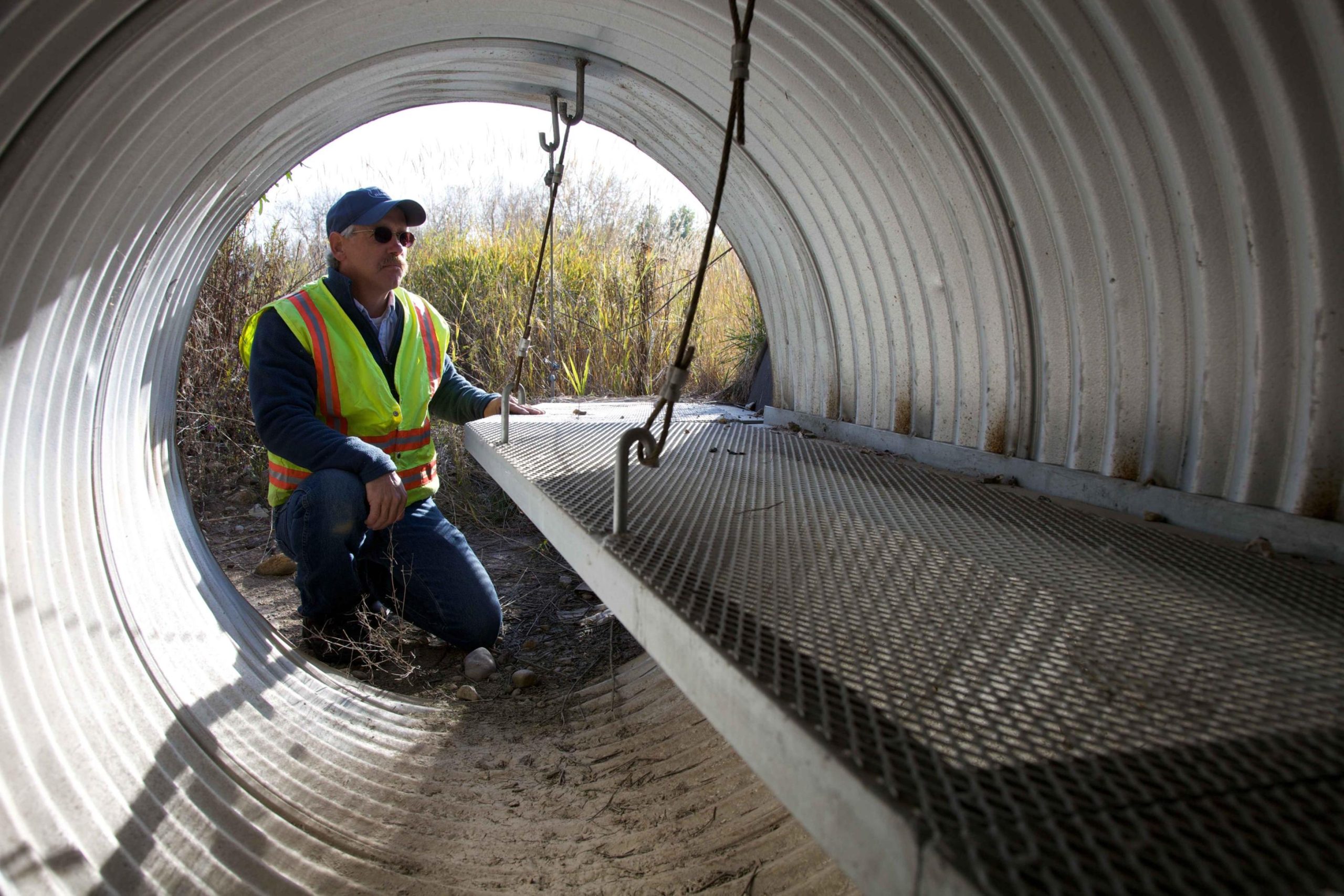 The world of mortgages can be daunting, especially when it involves your most significant asset – your home. This is especially true when there are multiple property owners, or there have been multiple transactions and conveyances of this property. Ensuring the validity of a mortgage is paramount, and as the following case demonstrates, strict requirements must be met to safeguard property owners’ rights. It also helps answer the question; What happens if a mortgage is recorded without a legal description of the property?
The world of mortgages can be daunting, especially when it involves your most significant asset – your home. This is especially true when there are multiple property owners, or there have been multiple transactions and conveyances of this property. Ensuring the validity of a mortgage is paramount, and as the following case demonstrates, strict requirements must be met to safeguard property owners’ rights. It also helps answer the question; What happens if a mortgage is recorded without a legal description of the property?
Marjorie Porter received full ownership of a property as part of her divorce settlement with her ex-husband. Decades later, Porter allegedly made an act of donation of half of the property to her daughter, Sandie Parkman. Porter allegedly executed a mortgage on the jointly owned property. A few days after the mortgage was signed, Parkman attempted to donate her interest to her mother. However, her mother never accepted the donation and subsequently died.
Ocwen Loan Servicing LLC then filed a lawsuit to recognize the validity of the mortgage Porter had executed. Ocwen named Parkman as a defendant as well as Porter’s succession. Parkman argued Ocwen did not have a cause of action because there was no valid mortgage. She claimed the mortgage was partly invalid because it did not include a legal description of the at-issue property in the document recording the mortgage. The trial court denied Parkman’s motion. Parkman appealed.
 Insurance Dispute Lawyer Blog
Insurance Dispute Lawyer Blog



 Mistakes are inevitable in human experiences, but some mistakes can have significant legal consequences. Just like regular folks, courts are infallible and make mistakes as well. What happens when a court fails to include all required information in a judgment? Such a failure creates confusion and can impede the appeals process and delay justice for the parties involved, as seen in the following case.
Mistakes are inevitable in human experiences, but some mistakes can have significant legal consequences. Just like regular folks, courts are infallible and make mistakes as well. What happens when a court fails to include all required information in a judgment? Such a failure creates confusion and can impede the appeals process and delay justice for the parties involved, as seen in the following case. Settling a lawsuit can have many far-reaching effects. Not only will it result in the dismissal of your lawsuit, but it could also affect things such as your social security benefits. Therefore, it is important that you consult with an attorney and carefully consider if a settlement is in your best interest. Additionally, as seen in this case, if you accept a settlement offer, you must ensure the related court order includes all required aspects so you do not have to deal with unintended consequences.
Settling a lawsuit can have many far-reaching effects. Not only will it result in the dismissal of your lawsuit, but it could also affect things such as your social security benefits. Therefore, it is important that you consult with an attorney and carefully consider if a settlement is in your best interest. Additionally, as seen in this case, if you accept a settlement offer, you must ensure the related court order includes all required aspects so you do not have to deal with unintended consequences.  When you think about sexual harassment claims, the first thing that likely comes to mind is a superior harassing another employee. However, what happens if the superior instructs another employee to date a prospective client?
When you think about sexual harassment claims, the first thing that likely comes to mind is a superior harassing another employee. However, what happens if the superior instructs another employee to date a prospective client?  If part of a car falls on you at a vehicle yard, you should be able to recover damages for your injuries from the yard owner. However, if you do not provide sufficient evidence, you will likely be unable to recover for your injuries.
If part of a car falls on you at a vehicle yard, you should be able to recover damages for your injuries from the yard owner. However, if you do not provide sufficient evidence, you will likely be unable to recover for your injuries. If you’ve been involved in a car accident and are considering filing a lawsuit, it’s essential to be aware of one crucial aspect often overlooked – the appropriate court venue. Venue refers to the location where a lawsuit is filed, and getting it right is crucial for the court to have jurisdiction, granting it the legal authority to issue judgments in the case.
If you’ve been involved in a car accident and are considering filing a lawsuit, it’s essential to be aware of one crucial aspect often overlooked – the appropriate court venue. Venue refers to the location where a lawsuit is filed, and getting it right is crucial for the court to have jurisdiction, granting it the legal authority to issue judgments in the case. Getting terminated from a job is always a stressful situation. You are likely concerned about how you are going to make ends meet. This is even more true if you believe your former employer has not paid you all the wages you are entitled to.
Getting terminated from a job is always a stressful situation. You are likely concerned about how you are going to make ends meet. This is even more true if you believe your former employer has not paid you all the wages you are entitled to.  Prisoners, like all individuals, retain their constitutional rights even while incarcerated. However, proving a violation of these rights within the prison system can be challenging, as demonstrated in the following case. This case considers what a prisoner must show to succeed in a lawsuit against a prison supervisor alleging a constitutional violation.
Prisoners, like all individuals, retain their constitutional rights even while incarcerated. However, proving a violation of these rights within the prison system can be challenging, as demonstrated in the following case. This case considers what a prisoner must show to succeed in a lawsuit against a prison supervisor alleging a constitutional violation. Even celebrities must deal with the often mundane task of negotiating and signing contracts. Although it can be tempting to sign a contract without reading it in depth or consulting with a lawyer, this case illustrates the importance of understanding every term and condition of a contract because of the complexities that can arise if there are ambiguous terms.
Even celebrities must deal with the often mundane task of negotiating and signing contracts. Although it can be tempting to sign a contract without reading it in depth or consulting with a lawyer, this case illustrates the importance of understanding every term and condition of a contract because of the complexities that can arise if there are ambiguous terms.  If you do a favor for your boss outside of work and are injured, can you still sue for workers’ compensation benefits? This is a complex question dependent on the facts of a case. Workers’ compensation is only available for injuries suffered during employment. If the court finds that the favor was outside the scope of employment, an injured employee may only recover tort damages. In the following case, the appellate court reversed a finding of workers’ compensation in favor of tort liability. In this case, the injured worker fought against a reduction of award to offset the workers’ compensation benefits already paid to the plaintiff.
If you do a favor for your boss outside of work and are injured, can you still sue for workers’ compensation benefits? This is a complex question dependent on the facts of a case. Workers’ compensation is only available for injuries suffered during employment. If the court finds that the favor was outside the scope of employment, an injured employee may only recover tort damages. In the following case, the appellate court reversed a finding of workers’ compensation in favor of tort liability. In this case, the injured worker fought against a reduction of award to offset the workers’ compensation benefits already paid to the plaintiff.